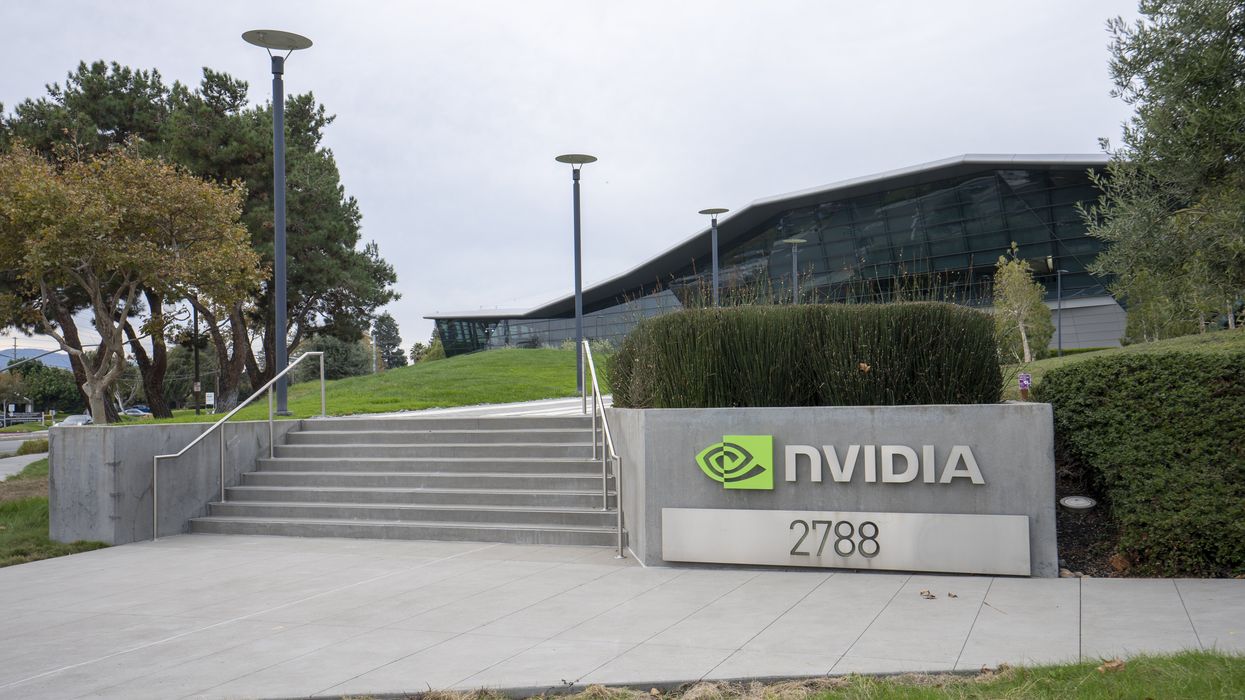Frazier is an assistant professor at the Crump College of Law at St. Thomas University and a Tarbell fellow.
In the span of two or so years, OpenAI, Nvidia and a handful of other companies essential to the development of artificial intelligence have become economic behemoths. Their valuations and stock prices have soared. Their products have become essential to Fortune 500 companies. Their business plans are the focus of the national security industry. Their collapse would be, well, unacceptable. They are too big to fail.
The good news is we’ve been in similar situations before. The bad news is we’ve yet to really learn our lesson.
In the mid-1970s, a bank known for its conservative growth strategy decided to more aggressively pursue profits. The strategy worked. In just a few years the bank became the largest commercial and industrial lender in the nation. The impressive growth caught the attention of others — competitors looked on with envy, shareholders with appreciation and analysts with bullish optimism. As the balance sheet grew, however, so did the broader economic importance of the bank. It became too big to fail.
Regulators missed the signs of systemic risk. A kick of the bank’s tires gave no reason to panic. But a look under the hood — specifically, at the bank’s loan-to-assets ratio and average return on loans — would have revealed a simple truth: The bank had been far too risky. The tactics that fueled its go-go years rendered the bank over exposed to sectors suffering tough economic times. Rumors soon spread that the bank was in a financially sketchy spot. It was the Titanic, without the band, to paraphrase an employee.
When the inevitable run on the bank started, regulators had no choice but to spend billions to keep the bank afloat — staving it from sinking and bringing the rest of the economy with it. Of course, a similar situation played out during the Great Recession — risky behavior by a few bad companies imposed bailout payments on the rest of us.
AI labs are similarly taking gambles that have good odds of making many of us losers. As major labs rush to release their latest models, they are not stopping to ask if we have the social safety nets ready if things backfire. Nor are they meaningfully contributing to building those necessary safeguards.
Instead, we find ourselves in a highly volatile situation. Our stock market seemingly pivots on earnings of just a few companies — the world came to a near standstill last month as everyone awaited Nvidia’s financial outlook. Our leading businesses and essential government services are quick to adopt the latest AI models despite real uncertainty as to whether they will operate as intended. If any of these labs took a financial tumble or any of the models were significantly flawed, the public would likely again be asked to find a way to save the risk takers.
This outcome may be likely but it’s not inevitable. The Dodd-Frank Act passed in response to the Great Recession and intended to prevent another Too Big to Fail situation in the financial sector has been roundly criticized for its inadequacy. We should learn from its faults in thinking through how to make sure AI goliaths don’t crush all of us Davids.
Some sample steps include mandating and enforcing more rigorous testing of AI models before deployment. It would also behoove us to prevent excessive reliance on any one model by the government — this could be accomplished by requiring public service providers to maintain analog processes in the event of emergencies. Finally, we can reduce the economic sway of a few labs by fostering more competition in the space.
Too Big to Fail scenarios have happened on too many occasions. There’s no excuse for allowing AI labs to become so large and so essential that we collectively end up paying for their mistakes.






















Trump & Hegseth gave Mark Kelly a huge 2028 gift